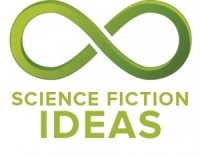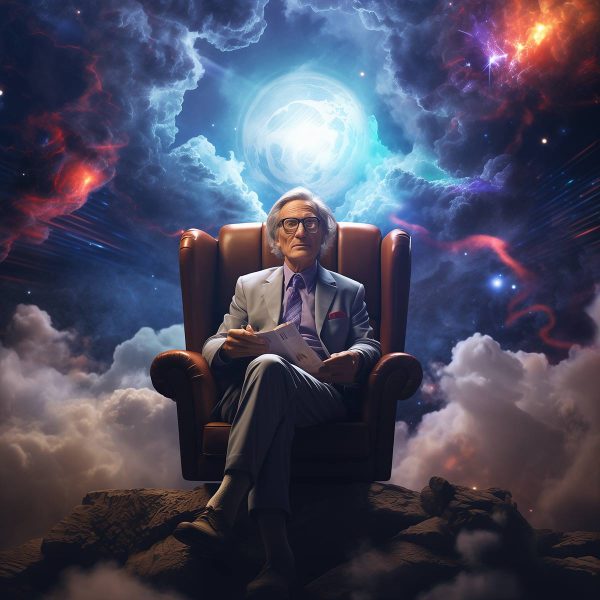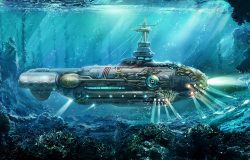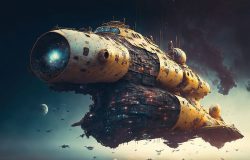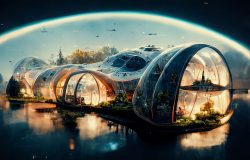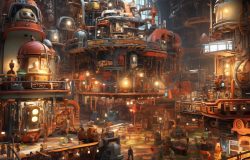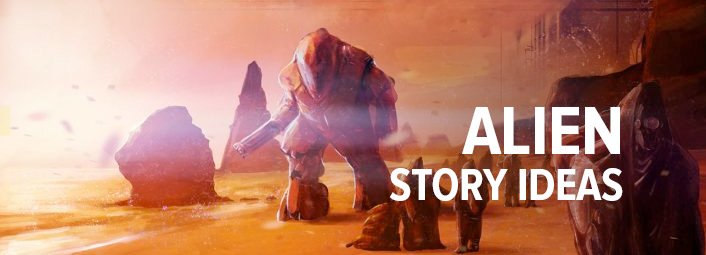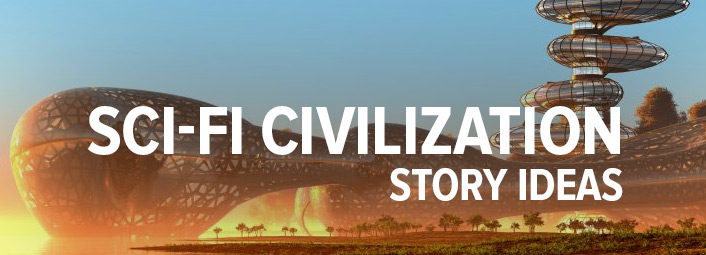10 Interviews or Speeches from the best Science Fiction Authors of the past 30 years
I’m a big fan of learning from the best, and thankfully Youtube has given us the ability to easily look up our favorite science fiction authors and watch their interviews and speeches, so we can benefit from the experience and words of wisdom. So I put together just a few interviews from the best science fiction authors many would consider absolute sci-fi legends.
10 Science Fiction Authors You Can Learn From – Interviews and Speeches
- Isaac Asimov: An icon in science fiction. He is certainly one of the best science fiction authors of all time. Asimov’s legacy rests on his Foundation series and Robot series, which have become enduring classics. His Foundation series, in particular, explores the future of humanity through the lens of psychohistory, while his Robot series introduced the Three Laws of Robotics, shaping the genre’s depiction of artificial intelligence.
- Arthur C. Clarke: Renowned for his visionary ideas, Clarke is best known for “2001: A Space Odyssey,” co-created with Stanley Kubrick, which explored themes of evolution, artificial intelligence, and human contact with extraterrestrial life. His works often delved into the profound impact of technology on society and the human condition.
- Philip K. Dick: A master of mind-bending narratives, Dick’s “Do Androids Dream of Electric Sheep?” formed the basis for the film Blade Runner. His exploration of identity, reality, and the nature of humanity through futuristic settings set him apart as a thought-provoking author in the science fiction realm.
- Orson Scott Card: Card’s “Ender’s Game” introduced readers to a young genius in a world preparing for an alien invasion. The novel’s exploration of leadership, ethics, and the consequences of war resonated with readers, leading to its continued popularity and expansion into a series.
- Neal Stephenson: Stephenson’s works, such as “Snow Crash” and “The Diamond Age,” blend cutting-edge technology, linguistics, and socio-political commentary, pushing the boundaries of speculative fiction while captivating readers with their intellectual depth and fast-paced narratives.
- William Gibson: Gibson is often credited with launching the cyberpunk genre with his groundbreaking novel “Neuromancer.” His portrayal of a gritty, high-tech future where the lines between human and machine blur, profoundly influenced not only science fiction but also popular culture and our understanding of the digital age.
- Kim Stanley Robinson: Robinson’s Mars Trilogy (“Red Mars,” “Green Mars,” “Blue Mars”) is a masterful exploration of the colonization and terraforming of Mars, addressing political, social, and environmental themes against the backdrop of space exploration. His meticulous world-building and scientific accuracy earned critical acclaim.
- Neil Gaiman: While versatile across genres, Gaiman’s contributions to science fiction and fantasy are notable. Works like “American Gods” and “Neverwhere” showcase his unique storytelling, blending mythology, folklore, and modern settings to create immersive and enchanting narratives.
- Ann Leckie: Leckie’s debut novel “Ancillary Justice” disrupted traditional gender norms by creating a complex universe where gender is fluid. The novel’s exploration of identity, power, and morality, along with its innovative narrative structure, garnered widespread critical acclaim and numerous awards.
- Andy Weir: Weir’s “The Martian” gained widespread popularity for its gripping tale of survival and problem-solving in the harsh environment of Mars. Its scientific accuracy and the protagonist’s resourcefulness captured the imagination of readers and led to a successful film adaptation directed by Ridley Scott.
Let us know what you think about our ideas! Comment below to give us your opinion, add onto an existing idea, or submit one of your own!
